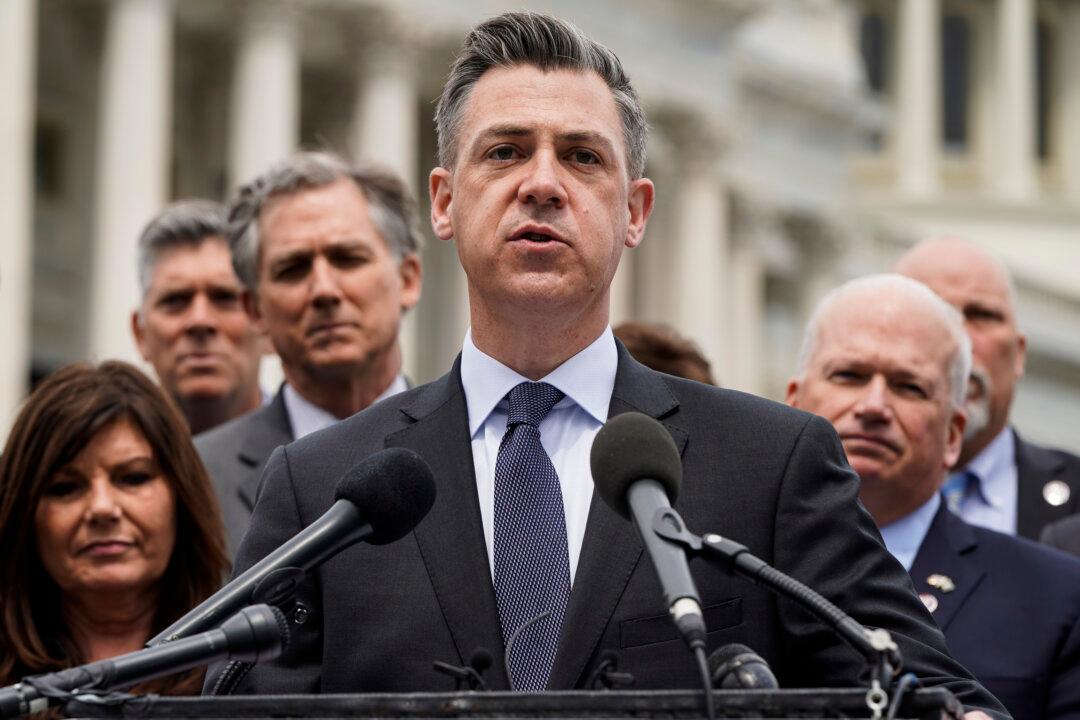House Republicans are warning that Speaker of the House Nancy Pelosi (D-Calif.) could use a must-pass stopgap spending measure to “tie Republicans’ hands” during fiscal year 2023, even if the party takes the majority.
Capitol Hill is once again racing against the clock to iron out a stopgap spending measure, or continuing resolution (CR) before a government shutdown on Oct. 1.





